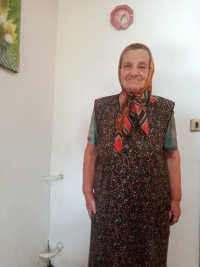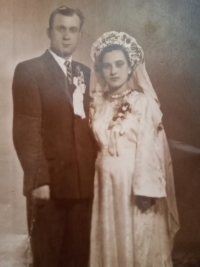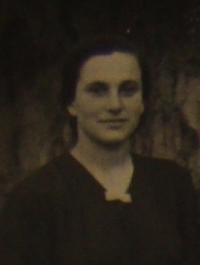They were calling us ‘Huculs’ but I didn’t care

Download image
Hanna Petrivna Jankovska née Shutjak was born on April 6, 1939, in the village of Hanigovice in Prešov district in the then Slovak State. As a result of the Czechoslovak-Soviet agreement from July 10th 1946, she and her family ‘re-emigrated’ to the West Ukraine in 1947, settling in the village of Hlynsk in the Rivne region in a house which Volhynian Czechs had left. In her new place of residence she completed seven classes of elementary school and after that she had been working in a kolkhoz. Her husband was also a resettled person, being born in Eastern Poland. She witnessed the Warsaw pact invasion of August 21st 1968 while visiting Košice, Slovakia. When the interview was recorded she has been living in the village of Hlynsk in West Ukraine.




